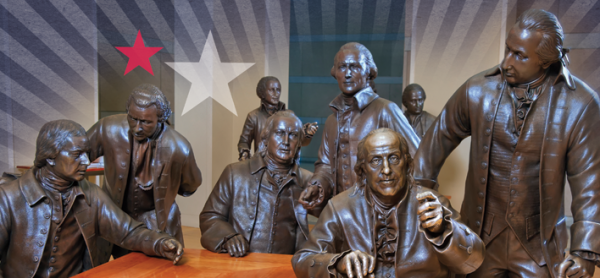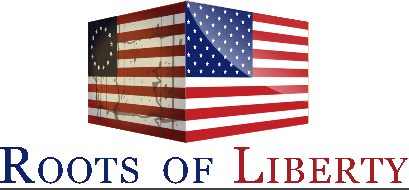
17 Sep Why celebrate the Constitution?
Perfect it is not. Nothing is. Some framers sought to outlaw slavery before realizing it was politically impossible at the time. And if they had it to do again, they might have, for example, included term limits for Congress. They might have limited the power of the presidency more than they did.
It has most often taken no more than a single man with an insatiable thirst for control to destroy entire civilizations. Just two years shy of the 100th anniversary of the Russian Revolution that produced the Soviet state, we now have an unbroken history of tyranny and death attached to one tyrant after another, particularly the barbaric practice of communism, and powerful centralized governments that consistently discourage an ethos of productivity among its citizens.
Human nature cannot be changed, but it can be recognized, accounted for, and mitigated for the sake of a nation. And properly applied, the founding principles mitigate this human nature, this thirst for control, more effectively than any document ever created.
A president cannot change laws, nor start a war without the consent of Congress, nor veto an act of Congress without that body having the opportunity to override. No money can be spent without a majority of the people’s representatives from the entire nation approving. No law can be passed by Congress without the ultimate assent of the courts. Any power not specifically enumerated as federal rests with the states or the people. And the list of particulars on the vertical (between federal and state) and horizontal (between federal branches) division of power goes far beyond those.
But even more important are the unprecedented rights afforded to individuals. No person can be jailed for expressing an opinion. No person can be subject to unreasonable search and seizure. No accused person can be denied representation or tried twice for the same crime. And that list also goes on and on.
These remarkable checks, balances, and rights are central to the fabric of America, but how they were attained is just as remarkable.
They were championed by elites who could quite easily have seized power for themselves. The founders could have formed their own monarchy, oligarchy, or other top-down or authoritarian form of rule not dissimilar to the one against which they had successfully revolted.
Instead, they created the first bottom-up system of self-government. “We the people.” Not, “we the rulers.”
Take a minute to learn how our Founders convinced their countrymen on the value of the Constitution – check out our free lesson, and happy Constitution Day!
